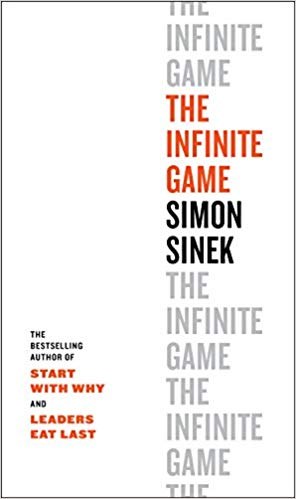
TheInfiniteGame
[ 成长 ]
作者:SimonSinek
1
0
推荐者:百科书库 2023-04-01 03:55:13
本书简介
- 作者:SimonSinek
- 出版社:Portfolio
- 出版年:2019-10
- 页数:272
- 装帧:Hardcover
- ISBN:9780735213500
Infinite games, such as football or chess, have known players, fixed rules, and clear outcomes where winners and losers can be easily identified. However, in infinite games like business, politics, or life itself, players come and go, rules are changeable, and there is no defined endpoint. In infinite games, there are no winners or losers; only those who are ahead and those who are behind.
As I began to understand the difference between finite and infinite games, I started to see infinite games all around us. Many of the struggles organizations face exist simply because their leaders were playing with a finite mindset in an infinite game. These organizations tend to lag behind in innovation, discretionary effort, morale, and ultimately performance.
In contrast, leaders who embrace an infinite mindset build stronger, more innovative, more inspiring organizations. Their people trust each other and their leaders. They have the resilience to thrive in an ever-changing world, while their competitors fall by the wayside. Ultimately, they are the ones who lead the rest of us into the future.
Any worthwhile undertaking starts with Why – the purpose, cause or belief that inspires us to do what we do and inspires others to join us. Good leaders know how to build Circles of Safety that promote trust and cooperation throughout their organizations. But that’s not enough to help us chart a course through the unpredictable, often chaotic landscape of today’s marketplace.
I now believe that the ability to adopt an infinite mindset is a prerequisite for any leader who aspires to leave their organization in better shape than they found it.
作者简介
国际知名演讲家,其领导力演讲在TED排名第三,他还是“2019年全球最具影响力的50大管理思想家”之一。《纽约时报》《华尔街日报》《华盛顿邮报》《商业周刊》等媒体的专栏作家。毕业于英国布兰迪斯大学,现在美国哥伦比亚大学的战略沟通课程中执教。
相关推荐
安全帽
勤奋、专业、奉献和爱,这些都是伟大领导者的资质。康奈尔大学曲棍球队是一支冠军球队,他们把象征蓝领精神的安全帽他身具无私、专业、良好人缘等优点,更是一位卓越的领导者。乔治发现了团结、激励、治愈队友的绝佳 [美]乔恩·戈登/[美]达蒙·韦斯特 2023-04-01 02:52:22原子習慣
善用「複利」效應,讓小小的原子習慣利滾利,滾出生命的大不同!天天細微改變,能累積成巨大差異,這就是原子習慣的驚人力量!本書作者詹姆斯‧克利爾在高二的一場棒球賽中,被球棒意外擊中臉,嚴重受傷,甚至被實施 JamesClear/詹姆斯.克利爾/詹姆斯·克利尔 2023-04-01 04:20:12优秀的人,都敢对自己下狠手
《优秀的人,都敢对自己下狠手》,是一本写给在大城市打拼的你的书。如果你正计划从小城市到大城市工作,如果你即将毕业而不知道自己的职业规划,如果你正面临职场转型,或者想去创业……那么,这本书是你必读的。本 陈立飞(Spenser) 2023-04-01 10:01:14人间值一笑
本书是36位当代著名作家联手写就的一部关于丰盛人间的散文集。其中包括贾平凹、肖复兴、苏童、李一鸣、鲍尔吉·原野、刘亮程、徐则臣等。全书分为五章,分别为:“昨日种种,皆成今我”——成长印记;“十年饮冰, 贾平凹/苏童/李一鸣/徐则臣/…… 2023-04-01 02:53:29为了梦想,拼尽全力又何妨
《为了梦想,拼尽全力又何妨》是一本讲述我们拼搏过程中的妥协与无畏,理解与裂痕,黑暗与希望的书籍。每一次努力都有着隐藏的意义,每一场硬仗都让你变得更加强大。为了去实现自己的梦想,我们需要坚持初心,勇敢前 米粒 2023-04-01 10:02:01© 2023-2025 百科书库. All Rights Reserved.



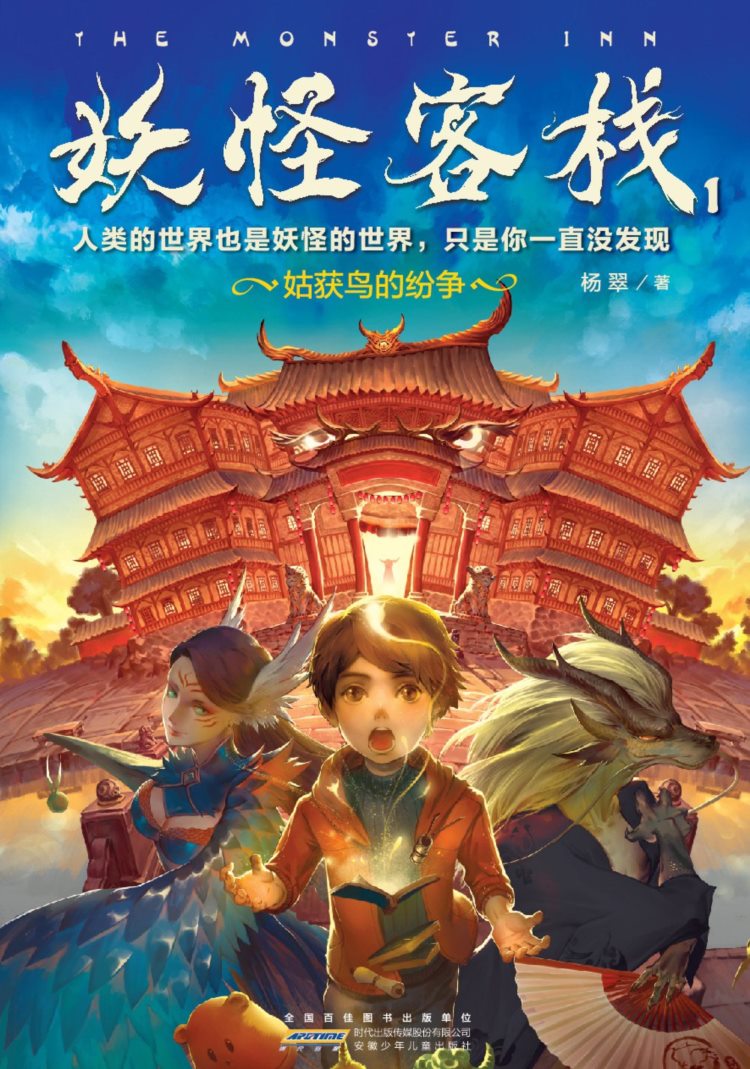

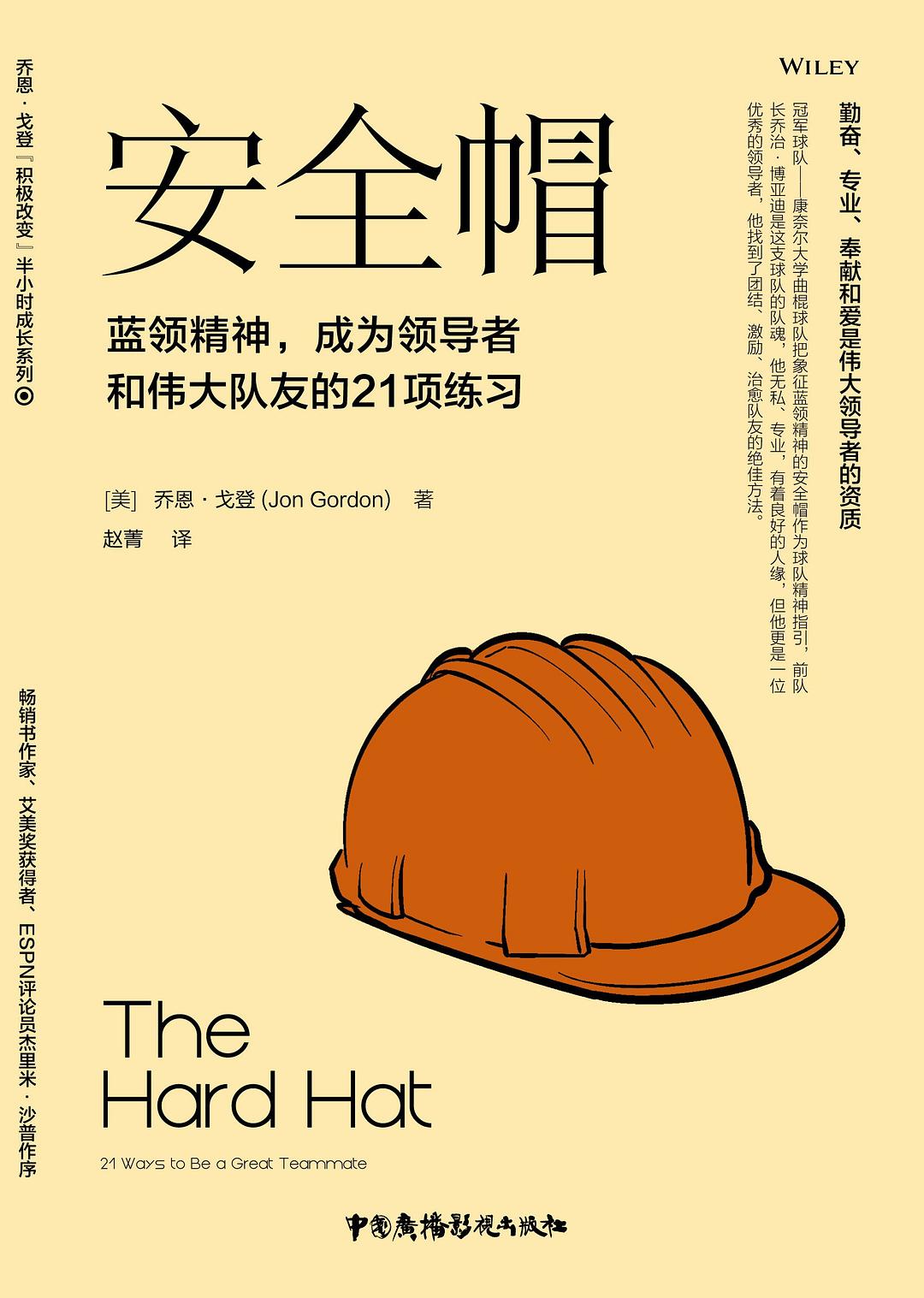
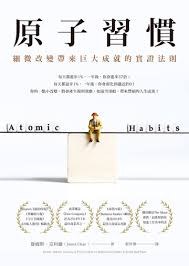
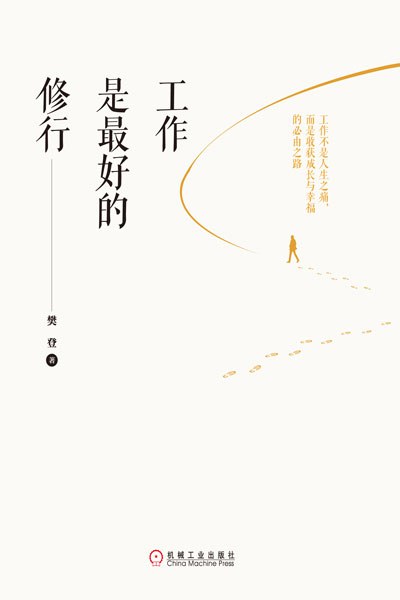

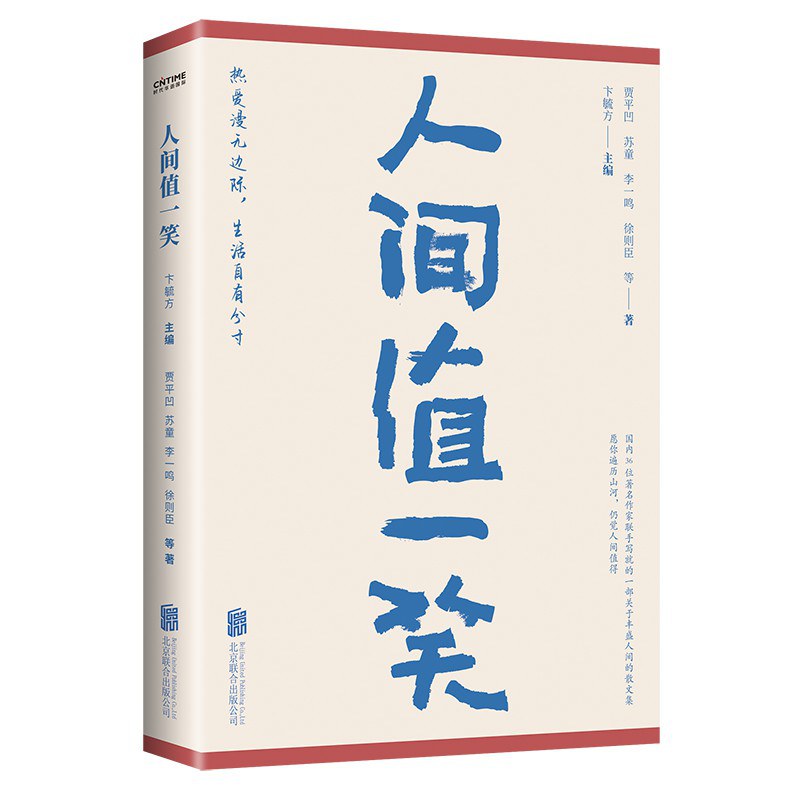

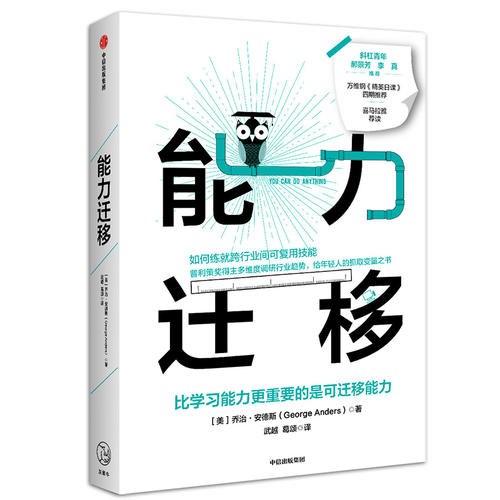
发表评价